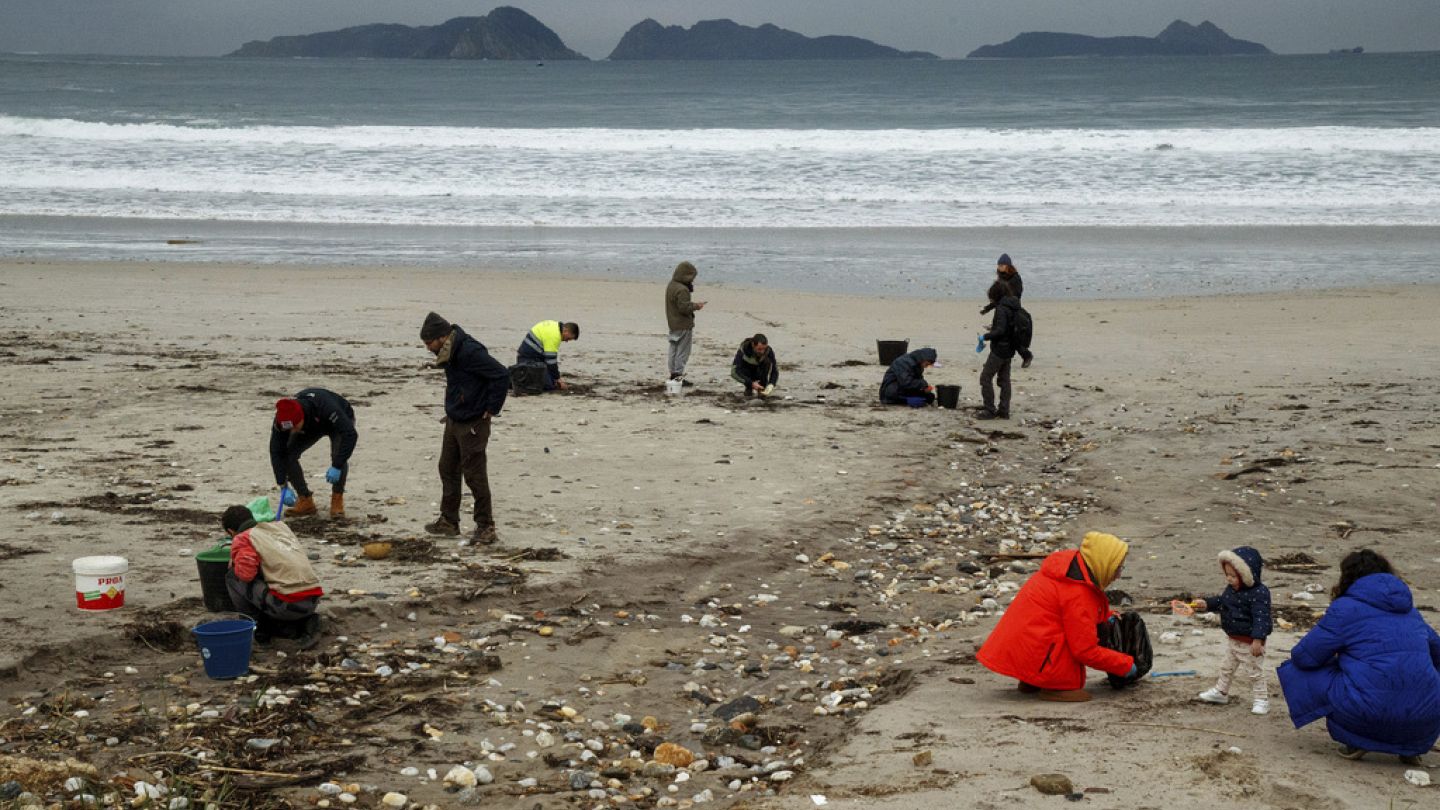The European Commission rejected the inclusion of maritime transport in the tighter microplastics controls proposed by MEPs.
Following a series of high-profile leaks in the sea, members of the European Parliament and governments agreed, despite the opposition of the EU executive body, that new pollution controls should also cover maritime transport.
In light of recent incidents that caused millions of small waste items to wash up on European shores, the European Parliament and EU governments reached an agreement on rules designed to reduce the risk of accidental microplastic pollution. The European Commission estimates that over 50,000 and possibly up to 184,000 tons of plastic pellets (microplastics used to produce everything from toys to plastic bottles) are accidentally released into the environment each year. However, despite the scale of the problem and the fact that 38% of shipments in Europe are made by sea, and the agreement between the European Parliament and EU governments, the EU executive preferred not to include maritime transport in its proposal for stricter security standards for the transport of pellets. However, members of the European Parliament and governments did not share this view, and according to the temporary agreement reached on the new legislation, companies transporting pellets in containers must ensure that the pellets are in quality packaging and provide detailed information about their cargo in accordance with the guidelines set by the International Maritime Organization. The law, awaiting approval from the Parliament and the EU Council, requires independent audits for medium and large-scale operators, while companies transporting more than 1,500 tons of plastic pellets per year will need to obtain independent certification for compliance with the new rules. Although a significant portion of small and medium-sized enterprises are exempt, the political agreement was welcomed as a "groundbreaking regional approach" to pollution control. Frederique Mongodin, policy officer for the campaign group Seas At Risk, stated, "It is a great relief to see that EU decision-makers have approved a more comprehensive and binding regulation to tackle microplastic pollution both on land and at sea." Mongodin added, "The Commission did the right thing by adopting a supply chain approach to ensure the uniform implementation of prevention and cleanup measures. Including maritime transport, although it is a three-year unjust delay, was likely a welcome addition due to the recent container ship accidents." This move in EU legislation comes at a time when scientific evidence regarding the dangers of microplastics, which are now found in nearly all life forms on the planet and can even cross the blood-brain barrier in humans, is increasingly growing. Cesar Luena (Spain/S&D), who helped secure the passage of the legislation through the European Parliament, stated, "By holding polluters accountable, we can prevent ecological disasters in the future similar to those currently witnessed in Spain, the Netherlands, and the North Sea, where millions of plastic pellets have washed ashore and polluted the land." The new legislation is the first to specifically target accidental microplastic pollution, following the law adopted in September 2023, which calls for the phased elimination of particles deliberately added to a range of products, from lipstick to artificial sports fields.


